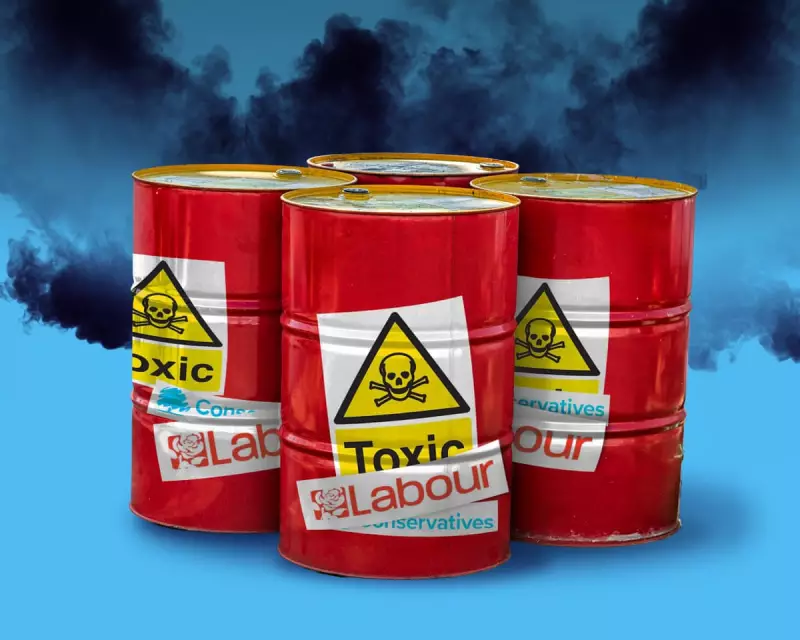
Britain is facing a growing threat from toxic chemicals as post-Brexit regulatory failures leave public safety in jeopardy. Both Labour and Conservative governments have allowed UK standards to fall dangerously behind those of the European Union, exposing citizens to potentially hazardous substances.
The Regulatory Gap Widens
Since leaving the EU, Britain has failed to keep pace with Brussels' evolving chemical safety framework. While the EU has banned or restricted hundreds of dangerous substances, UK authorities have been slow to act, creating what experts call a 'toxic loophole' in British law.
Political Failures on Both Sides
The current Labour government has continued the Tory approach of delaying crucial chemical assessments. Nearly 2,000 substances that were undergoing EU evaluation when Britain left have still not been properly reviewed by UK regulators.
- Over 100 EU-banned chemicals remain legal in Britain
- UK assessment timelines are up to five times longer than EU processes
- No new substances have been added to the UK restricted list since Brexit
Public Health at Risk
Environmental and health campaigners warn that the regulatory stagnation puts vulnerable groups - particularly children and pregnant women - at increased risk of exposure to endocrine disruptors and other harmful compounds commonly found in household products.
'We're seeing the consequences of Brexit playing out in people's homes and bodies,' said one toxicology expert. 'The UK is becoming the dumping ground for chemicals too dangerous for European markets.'
Industry Pressure and Lax Enforcement
Critics point to heavy lobbying from chemical manufacturers and a lack of enforcement capacity at the Health and Safety Executive. The agency's budget has been cut by 43% in real terms since 2010, leaving it ill-equipped to monitor chemical safety effectively.
With no sign of regulatory alignment on the horizon, Britain appears set to continue its drift toward weaker chemical protections - a dangerous legacy of Brexit that could haunt the nation for generations.





